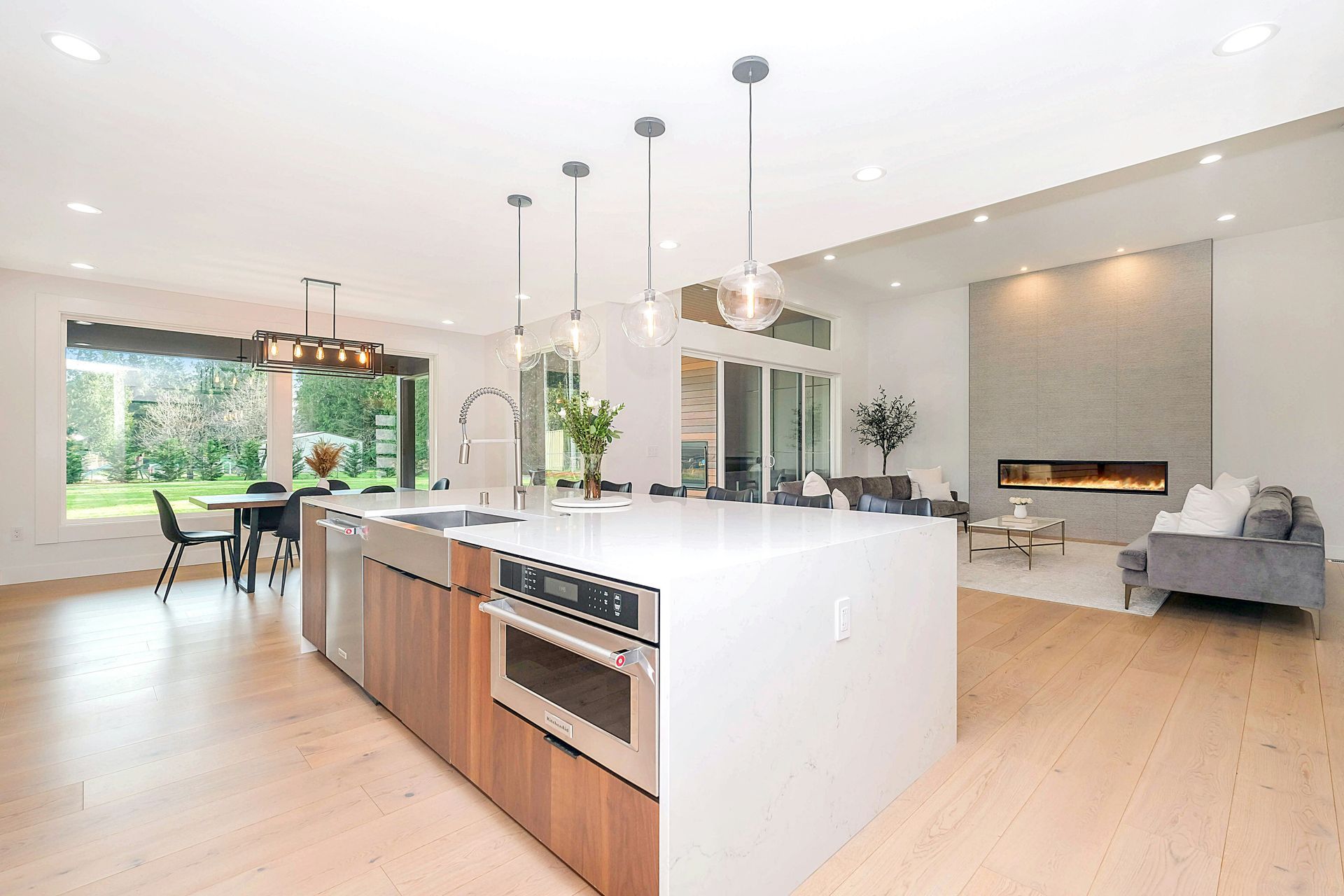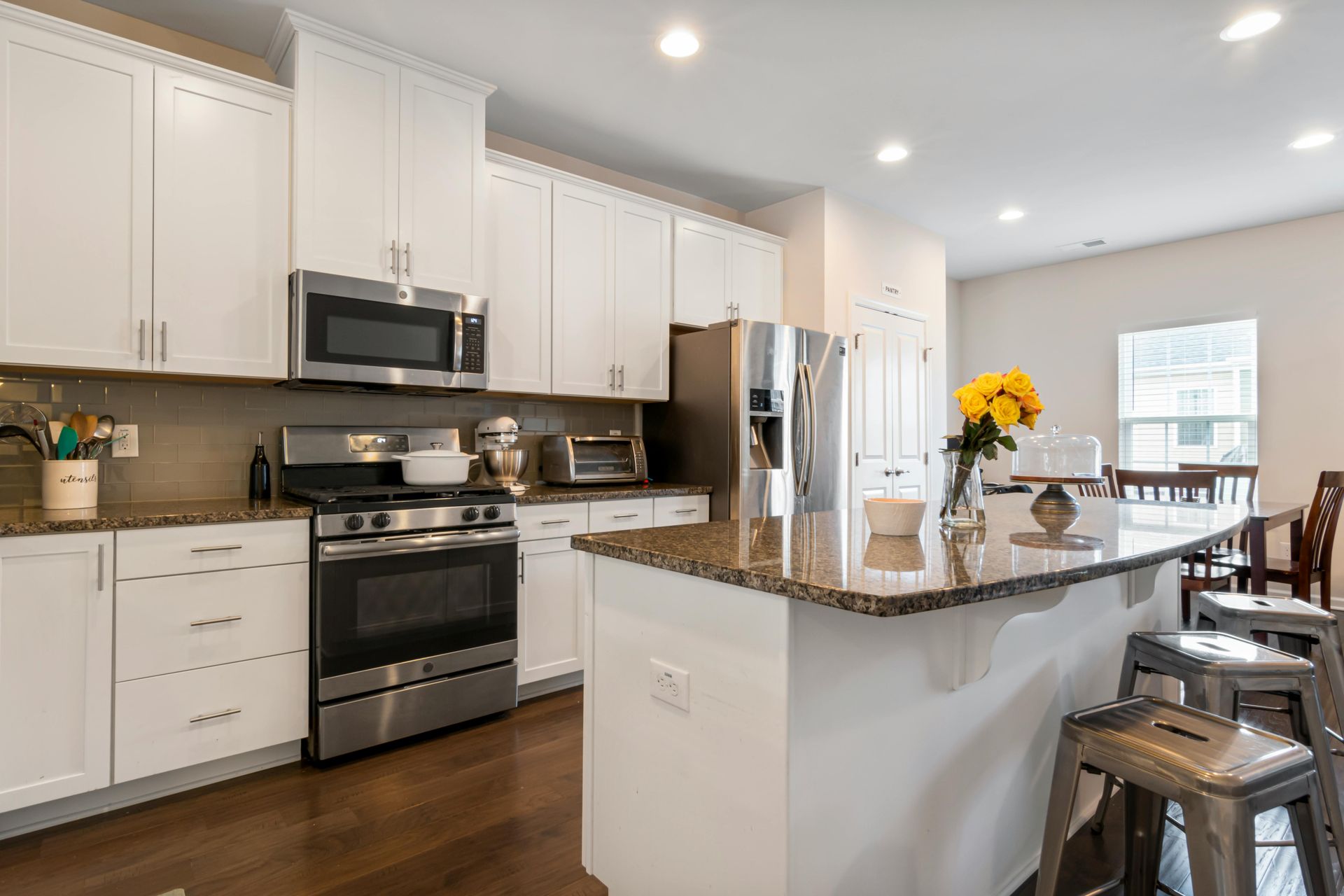Budgeting Tips for Your Home Remodel
October 16, 2023
Establish a Clear Scope of Work
Outline Your Objectives
Before even considering the financial aspect, it's essential to establish what exactly you want to accomplish with your remodel. Are you looking to update your kitchen, add an extra bedroom, or perhaps finish the basement? Once you've identified the scope, it becomes easier to allocate resources.
Prioritize Needs Over Wants
Distinguish between the 'must-haves' and the 'nice-to-haves.' Items like structural repairs or replacing outdated plumbing should take precedence over cosmetic upgrades. By understanding what is essential, you can allocate your funds more effectively.
Develop a Detailed Budget
Itemized Costs
Once the scope of work is established, it's time to delve into the nitty-gritty of budgeting. This involves listing out every cost you can anticipate—from materials and labor to permits and contingencies.
Hidden Expenses
Don't forget to account for less obvious costs such as temporary accommodations if your home will be uninhabitable during the remodel, or storage fees for your furniture and belongings. These can quickly add up and should be planned for in advance.
Secure Financing
Savings and Personal Loans
You have several options when it comes to financing your remodeling project. Using your savings is the most straightforward, but not always feasible. Personal loans or home equity lines of credit are other options, but be aware of interest rates and repayment terms.
Government Grants and Tax Credits
Look into any available government grants or tax incentives for home renovations. Some projects that improve energy efficiency, for instance, may qualify for tax credits, effectively reducing the overall cost.
Monitor and Adjust
Keep Track of Spending
Throughout the remodeling process, consistently track your spending to ensure you stay within budget. Tools like budgeting software or simple spreadsheets can be highly beneficial for this purpose.
Be Prepared for Surprises
Even the best-laid plans may go awry. It's wise to set aside a contingency fund, usually 10-20% of the overall budget, for unforeseen expenses like additional repairs or price hikes in materials.
Budgeting for a home remodeling project requires meticulous planning, from establishing a clear scope of work to securing financing. By prioritizing essential tasks, developing a detailed budget, and continually monitoring expenses, you can remodel your dream home without the nightmare of financial strain.
Ready to take the next step in remodeling your dream home? Contact our team of experts for a personalized budgeting consultation
to help you realize your vision without financial stress.











